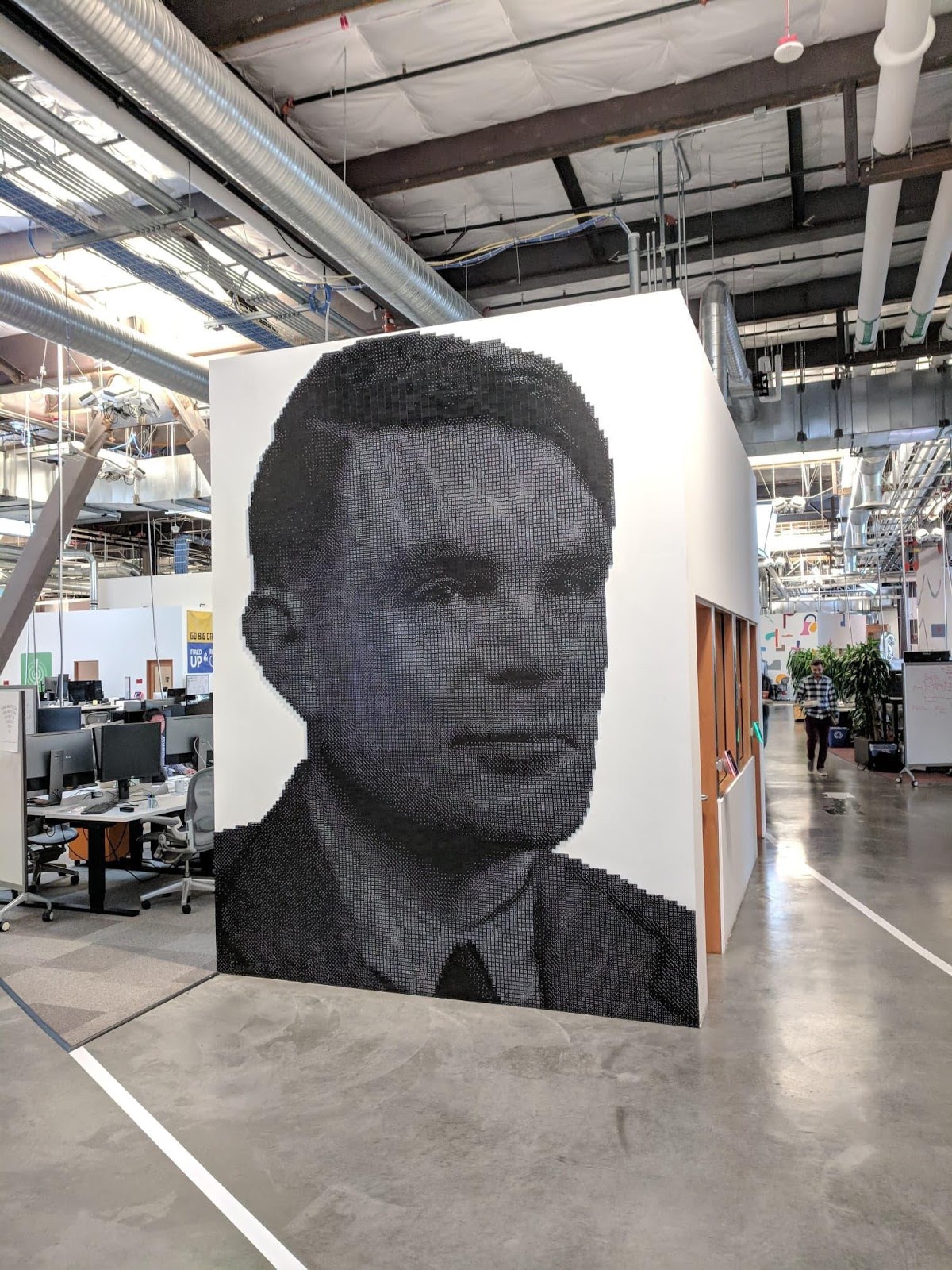Bletchley Park Financial Crisis Eases After Facebook’s £1m Donation

Jobs have been saved at the birthplace of modern computing Bletchley Park, after a much needed £1 million donation from Facebook
The World War Two code-breaking centre at Bletchley Park has been thrown a vital financial lifeline after a £1 million donation from Facebook.
In August the world famous centre had revealed it was facing a financial crisis and was preparing to make 35 people redundant (a third of its workforce), after being forced to close for months because of the global Coronavirus pandemic.
But now social networking giant Facebook has recognised the global importance of the centre, whose code-breaking activities is credited of shortening World War Two in Europe by two years.
![]()
Facebook donation
Facebook announced it has donated £1 million to the Bletchley Park Trust, in a move it described as “giving back to the birthplace of the computer.”
“The modern world has been shaped by what happened inside an English country house more than eight decades ago,” explained Facebook’s Chief Technology Officer, Mike Schroepfer. “It’s no exaggeration to say that at Bletchley Park, the era of the computer was born.”
“By figuring out how to crack the Nazis’ secret communications, the almost 10,000 people who worked at Bletchley Park during World War II – 75 percent of them women – changed the course of the war and saved millions of lives,” wrote Schroepfer.
“They did it by building the world’s first programmable digital computer and laying the foundations of modern computer science,” he added. “Ideas developed at Bletchley Park remain at the heart of cutting-edge research in fields like artificial intelligence, online security and cryptography today, more than 80 years after the first codebreakers set up shop there.”
“Today Bletchley Park is one of the UK’s national treasures, open to people from across the world who want to witness the place where so much of modern computer science was born,” he added. “But like too many of our favourite places, it has been hit hard by a drop in visitors and revenue this year, pushing it toward difficult decisions about its future. Facebook is honoured to be able to provide £1 million of support to help keep Bletchley Park open to the world.”
Alan Turing
Schroepfer explained the rationale for Facebook making this donation, saying that firstly “Facebook simply would not exist today if not for Bletchley Park.”
He added that the work of its most brilliant scientist, Alan Turing, still inspires our tens of thousands of engineers and research scientists today, and is foundational to the entire field of computing.
Facebook even has a mural of Alan Turing made out of dominoes at Facebook’s headquarters in Menlo Park, California (see picture).

Schroepfer also said that the UK is a second home for Facebook, as it where more than 3,000 Facebook employees – half of them in engineering and technology roles – work.
“It’s impossible to separate the legacy of Bletchley Park from the UK’s ecosystem of scientific excellence that Facebook is fortunate to be part of,” wrote Schroepfer. “Just one example of this is Facebook research scientist and UCL professor Peter O’Hearn, who has developed new theories about program correctness and incorrectness that build on foundations laid by Turing way back in 1949. Those theories were applied during the development of Infer, an open source tool used to improve millions of lines of code at Facebook.”
“Finally, as a company that benefits endlessly from the diversity of our staff and the billions who use our services, the history of Bletchley Park is one we want the whole world to know about,” wrote Schroepfer. “We hope that by helping keep Bletchley Park open, more people can learn the story of the diverse group of people that founded modern computing.”
Welcomed donation
Facebook’s donation has been welcomed by the trust that runs the centre.
We have some more good news to share – Bletchley Park has received a generous donation of £1m from @Facebook,” Bletchley Park tweeted. “This vital support will contribute to our ongoing work and help mitigate the financial impact the coronavirus pandemic has had on the Trust.”
Whether this donation will be enough to safeguard its future remains to be seen.
The Bletchley Park Trust in August said it was on course for a £2m deficit this year as a result of the coronavirus pandemic, which “meant that from March to July this year it lost over 95 percent of its income leaving a large gap in its annual budget.”
It proposed proposing a restructuring that included a possible 35 redundancies (out of 100 jobs), approximately a third of the workforce, as it sought to reduce its annual spend and the size of its team.
The Trust also revealed it had furloughed 85 percent of its staff and managed to receive £447,000 from the government’s Cultural Recovery Fund, designed to help museums and arts organisations deal with the impact of coronavirus.
Previous funding
It should be noted that the centre has received funding from a number of sources over the years.
In 2010 it received £250,000 in funding from the British government for urgent repairs.
Then in 2011 Google was said to have invested £100,000 into the £200,000 National Heritage fund that managed to purchase the papers of Alan Turing.
In 2012 Bletchley Park Trust secured £7.4 million in funding from the National Lottery to renovate the historic “Huts” in which British code breakers were working on decrypting ciphers created by the German Enigma machines.
The activities of Bletchley Park were so top secret, that even its existence as a code-breaking centre only emerged many decades after the war came to an end.
In 8 May 2020, on the 75th anniversary of VE (Victory in Europe) Day, the final encrypted intercepted message from a German military communications (Brown) network was revealed by GCHQ.